
Pacific Nations Navigate U.S.-China Rivalry, Striving for Equilibrium
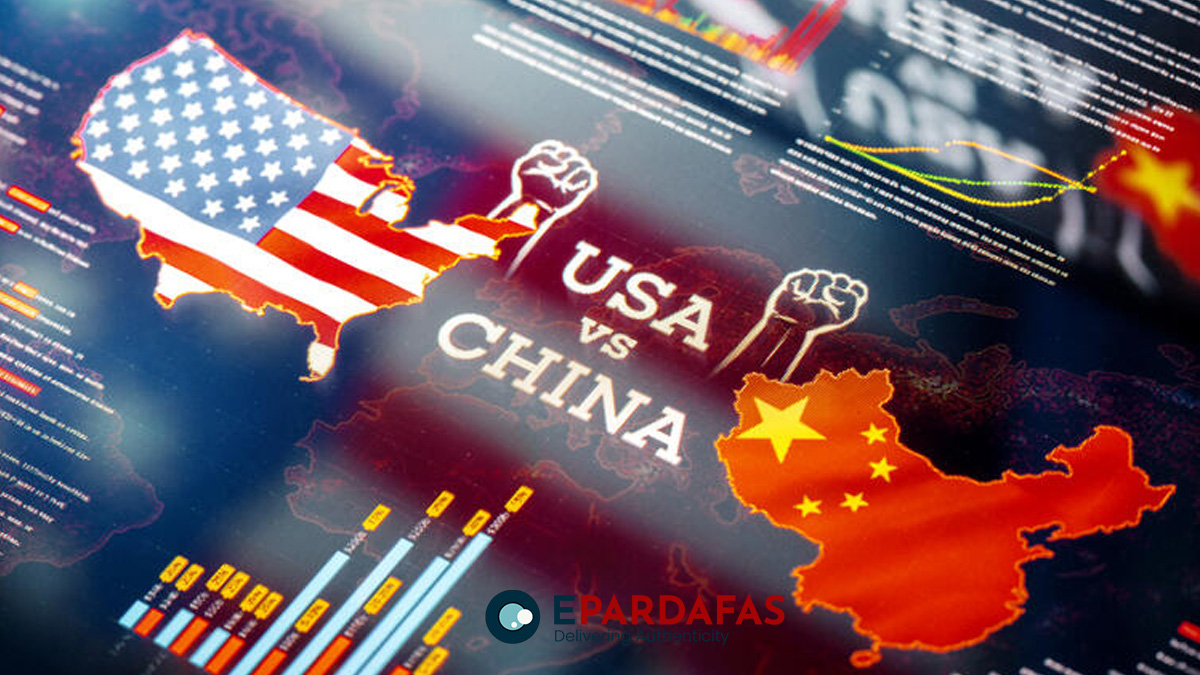
Pacific island nations are delicately navigating the turbulent waters of U.S.-China rivalry, seeking to capitalize on economic opportunities while avoiding entanglement in geopolitical tensions escalating in the region.
Ministers and representatives from 16 Pacific nations convened with Japanese Foreign Minister Yoko Kamikawa over the weekend to lay the groundwork for the Pacific Islands Leaders Meeting (PALM) scheduled for July.
Addressing concerns over regional security, Kamikawa affirmed Japan’s commitment to maintaining the status quo, emphasizing opposition to any attempts to alter it.
As China expands its influence in the Pacific, recent developments have raised eyebrows in Washington and Canberra. Last year’s security pact between China and the Solomon Islands rattled traditional allies, prompting a reevaluation of strategic priorities.
Papua New Guinea (PNG) attracted attention when reports surfaced of discussions with Beijing regarding a potential policing agreement, drawing comparisons to its existing cooperation with Washington. PNG’s Foreign Minister Justin Tkatchenko emphasized the nation’s commitment to maintaining relationships with both China and traditional security partners like Australia and the U.S., highlighting the importance of economic ties with China while reaffirming security agreements with Western allies.
Acknowledging the pivotal role of allies’ commitments, Tkatchenko emphasized the need for tangible support. Plans to integrate police officers from Australia and Commonwealth nations into PNG’s police force are progressing, complementing ongoing efforts to enhance defense capabilities with American assistance.
While awaiting further support from the U.S., Pacific nations like Palau, the Federated States of Micronesia, and the Marshall Islands face uncertainty over delayed funding for existing agreements. Despite being strategic partners under the Compacts of Free Association (COFA), these nations await Congress’s approval for crucial economic assistance amid broader political gridlock.
Palau, particularly reliant on U.S. support, is concerned about potential ramifications of further delays, urging swift action to address security concerns. The nation seeks infrastructure development and climate resilience initiatives, underscoring the significant impact of geopolitical tensions on its economic prospects.
Similar sentiments are echoed in the Federated States of Micronesia, where officials rebuffed overtures from China while expressing apprehension over Beijing’s opportunism amidst U.S. funding delays. Secretary of Foreign Affairs Lorin Robert emphasized the importance of maintaining close ties with the U.S. and dismissed Chinese overtures as strategic posturing.
As Pacific nations navigate the complexities of great power competition, economic development, and security imperatives, they remain acutely aware of the need for strategic alignment and international support to safeguard their interests in an increasingly contested region.

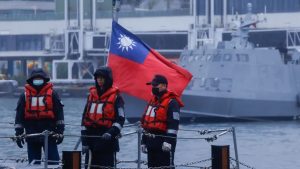
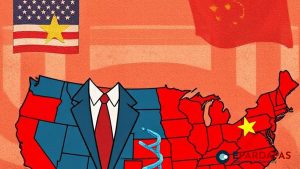

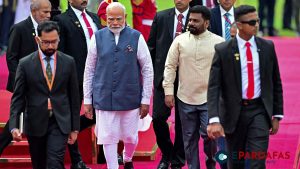



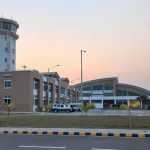



Comments